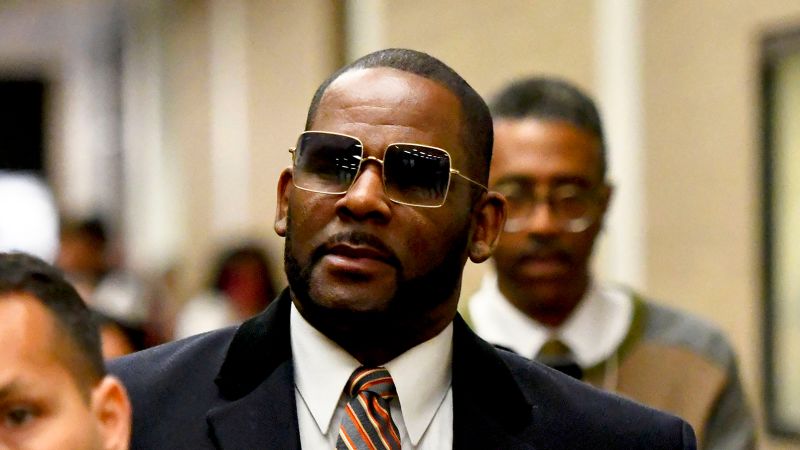The Cuban missile crisis cover-up, by Peter Kornbluh (Le Monde diplomatique
Written by on January 31, 2023
President John F Kennedy talks to Soviet ambassador Anatoly F Dobrynin and foreign minister Andrei Gromyko, White House, October 1962
Universal History Archive · UIG · Getty
On 28 October 1962 – that dramatic day just over 60 years ago when Nikita Khrushchev publicly ordered the removal of nuclear ballistic missiles his forces had just installed on the island of Cuba – the Soviet premier sent a private letter to President John F Kennedy regarding the resolution of the most dangerous superpower confrontation in modern history. Officially, the USSR withdrew the missiles in return for a vague US non-invasion-of-Cuba guarantee. Secretly, however, the crisis was resolved when President Kennedy dispatched his brother Robert to meet with Soviet ambassador Anatoly Dobrynin on the evening of 27 October and agree to a top-secret deal: US missiles in Turkey for Soviet missiles in Cuba.
‘I feel I must state to you that I do understand the delicacy involved for you in an open consideration of the issue of eliminating the US missile bases in Turkey,’ Khrushchev wrote to Kennedy in his private note. seeking to confirm the arrangement in writing. ‘I take into account the complexity of this issue and I believe you are right about not wishing to publicly discuss it.’
Dobrynin gave the confidential letter to Attorney General Robert Kennedy on 29 October. But instead of passing it on to the president, the next day Kennedy returned the letter to the Soviet ambassador. The United States would ‘live up to our promise, even if it is given in this oral form,’ Kennedy told him, but there would be no written record. ‘I myself, for example, do not want to risk getting involved in the transmission of this sort of letter, since who knows where and when such letters can surface or be somehow published,’ Dobrynin’s detailed report to the Kremlin quoted Kennedy as saying. ‘The appearance of such a document could cause irreparable harm to my political career in the future. This is why we request that you take this letter back.’
An epic cover-up
So began the epic cover-up of how the crisis actually ended and nuclear war was averted. (…)
Full article: 1 977 words.
This article can be read by subscribers
(2) Ingrid Therwath, ‘Cyber-Hindutva: Hindu nationalism, the diaspora and the Web’, e-Diasporas Atlas: Exploration and Cartography of Diasporas on Digital Networks, Maison des Sciences de l’Homme, Paris, 2012.
(3) Swati Chaturvedi, I am a Troll: Inside the Secret World of the BJP’s Digital Army, Juggernaut Publication, New Delhi, 2016.
(4) Jean-Baptiste Jeangène Vilmer, Alexandre Escorcia, Marine Guillaume and Janaina Herrera, ‘Les Manipulations de l’information: un défi pour nos démocraties’ (The manipulation of information: a challenge for our democracies), Analysis, Forecasting and Strategy Centre (CAPS) of the Ministry for Europe and Foreign Affairs/Institute for Strategic Research at the Military (IRSEM), Paris, August 2018.
(6) Sabrang Communications and Publishing, op cit.
(7) Raqib Hameed Naik and Divya Trivedi, ‘Sangh Parivar’s US funds trail’, Frontline, Chennai, 4 July 2021.
(8) Jasa Macher, ‘Hindu Nationalist Influence in the United States, 2014-2021: the Infrastructure of Hindutva Mobilizing’, South Asia Citizens Web, May 2022, www.sacw.net/.
watch avatar the way of water full movie
watch avatar the way of water full movie
watch avatar the way of water full movie






